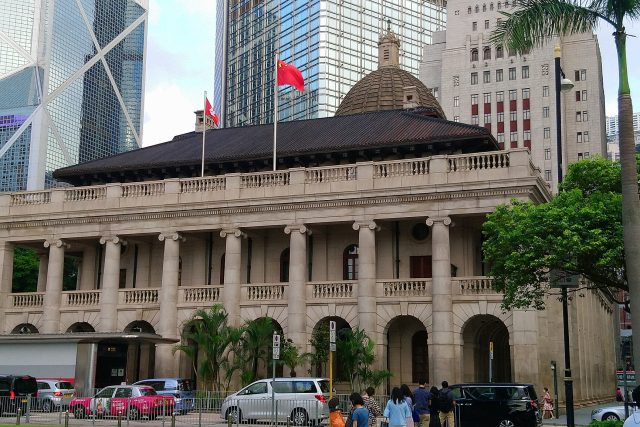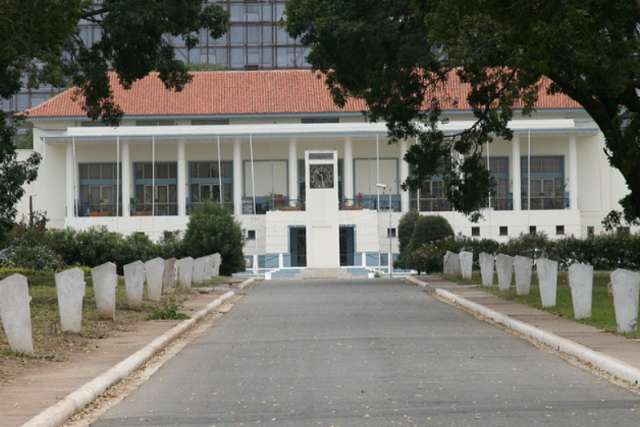The Hong Kong Court of Final Appeal unanimously ruled Tuesday that seven activists’ “systemic proportionality challenge” to the constitutionality of Section 17A(3) of the Public Order Ordinance is not reasonably arguable. While the court refused to grant leave to the activists on their systemic proportionality challenge, the court accepted their “operational proportionality challenge” and scheduled their hearing for June this year.Section 17A(3)(a) of the ordinance provides that every person who knowingly takes part in an unauthorized assembly shall be liable to imprisonment for five years on conviction on indictment. The activists contended that the maximum sentence is disproportionate as it does not entail any violence or disorder. The activists further argued that the maximum sentence has a chilling effect on the exercise of the rights of free expression and peaceful assembly. Rejecting this argument, the court reasoned that the court has discretion to impose non-custodial measures to the five-year maximum based on the facts of the case. There are no justiciable issues until the court exercises its discretionary power.The court also refused the activists’ complaints on other grounds. The activists sought to challenge the lower court’s conviction in claiming that they were trying to disperse the crowd. The court held that this argument was a factual complaint and found no legal flaws in the lower court’s reasoning in concluding a guilty verdict. A defendant, Leung Kwok Hung, sought to appeal his sentence by alleging that his sentence was manifestly excessive. The court similarly held that the lower court judge had carefully reasoned his decision and there are no grounds that justified the court to intervene in the decision.Previously, the government sought to challenge the lower court’s reasoning as an overly narrow interpretation of “organizing” in the provision. The court rejected that argument as the organizer was identifiable and the defendants were not considered to be affiliated with the organizing body.Accordingly, the court will only hear one appeal from this case in June this year. Previously, the activists obtained leave from the Court of Appeal to challenge the operational proportionality of the police enforcement. The activists sought to invite the court to conduct an operational proportionality exercise, which was adopted by the UK Supreme Court in 2021. If the court concludes that the police disproportionately interfered with the defendant’s freedom of assembly, the defendants will be entitled to the statutory defense of lawful excuse.The right to peaceful assembly is protected by Article 21 of the International Covenant on Civil and Political Rights. Amnesty International, Human Rights Watch and the United Nations Human Rights Committee (UNHRC) previously stated that requiring individuals to apply to the police to demonstrate is contrary to the right to peaceful assembly. The UNHRC also commented on September 17, 2020 that failing to meet certain domestic legal requirements does not place organizers and participants outside the scope of the protection of Article 21, as long as the conduct of participants in an assembly is peaceful.




The Most Read
Сryptocurrencies
Bitcoin and Altcoins Trading Near Make-or-Break Levels
Financial crimes
Thieves targeted crypto execs and threatened their families in wide-ranging scheme
Financial crimes
Visa Warning: Hackers Ramp Up Card Stealing Attacks At Gas Stations
News
Capitalism is having an identity crisis – but it is still the best system
Uncategorized
The 73-year-old Vietnamese refugee is responsible for bringing Sriracha to American consumers
Uncategorized
Electric Truckmaker Rivian, Backed By Amazon, Ford, Raises Whopping $1.3 Billion